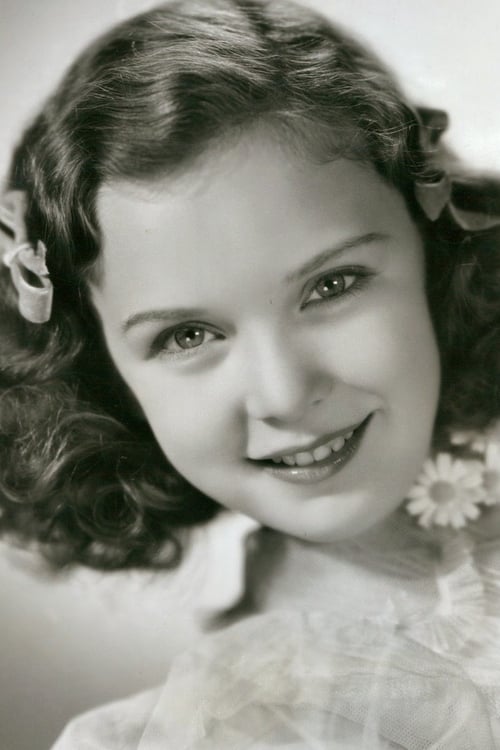
Gloria Jean
Birth : 1926-04-14, Buffalo, New York, USA
Death : 2018-08-31
History
Gloria Jean (born Gloria Jean Schoonover, April 14, 1926 – August 31, 2018) was an American actress and singer who starred or co-starred in 26 feature films from 1939 to 1959, and made numerous radio, television, stage, and nightclub appearances. She is probably best remembered today for her appearance with W.C. Fields in the film Never Give a Sucker an Even Break (1941).
Gloria Jean was three years old when she first sang on radio; in Scranton, Pennsylvania, she sang, under the name "Baby Skylark", with Paul Whiteman's orchestra on radio broadcasts. When she was 12, she was engaged by a New York opera company and became the youngest member of an opera troupe in the United States.
Gloria Jean was being trained as a coloratura soprano when her voice teacher took her to an audition held by Universal Pictures movie producer Joe Pasternak in 1938. Pasternak had guided Deanna Durbin to stardom, and with Durbin now advancing to ingénue roles, Pasternak wanted a younger singer to make the same kind of musicals. He held auditions for a film called The Under-Pup. Up against hundreds of others, Gloria Jean won the audition.
Newly under contract to Universal, she was given the leading role in the 1939 feature. The film did well and Gloria Jean became instantly popular with moviegoers. She then co-starred with Bing Crosby in If I Had My Way (1940), then starred in the well-received A Little Bit of Heaven (1940).
Her fourth picture became her best known: Never Give a Sucker an Even Break (1941), in which she co-starred with W.C. Fields.
Gloria Jean became one of Universal's most prolific performers during the war years; she made 14 feature films. Most were "hepcat" musicals, which were geared to the teenage market of the day. In May 1944 she turned eighteen.
After leaving Universal when her contract expired at the end of 1944, Gloria Jean made personal appearances across America; the successful tour prompted a tour of Europe.
She then resumed her movie career as a freelance performer appearing in United Artists, Columbia Pictures, and Allied Artists productions, the best-known being Copacabana (1947). Subsequently she began appearing on TV shows. Gloria Jean continued to appear in feature films, albeit low-budget ones.
Her last motion picture (in which she appears as an extra with no dialogue) was released in 1961. Her final television appearance was in 1962.
In that year she married Franco Cellini, an actor. By 1966 they were divorced. The union produced a son.
In 1965 Gloria Jean signed on with an employment agency, which sent her to a cosmetics company, where she worked as a receptionist until 1993.
In December 1991, she was honored by the Young Artist Foundation with its Former Child Star "Lifetime Achievement" Award, recognizing her achievements within the film industry as a juvenile performer. She also participated in various nostalgia and autograph shows, meeting fans and displaying memorabilia. She had always retained her fan following.
During her final years she moved to Hawaii to live with her son and his family. Gloria Jean suffered health problems, including two serious falls and a heart condition. She died on August 31, 2018.
Her authorized biography, Gloria Jean: A Little Bit of Heaven, was published in 2005.

Self
Documentary directed by Joseph Adamson.
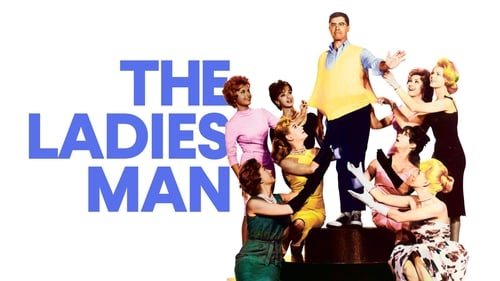
Gloria
After his girl leaves him for someone else, Herbert gets really depressed and starts searching for a job. He finally finds one in a big house which is inhabited by many, many women. Can he live in the same home with all these females?

Marg Huggins
Tasked with training a group of untested new recruits, a no-nonsense Navy commander faces a host of challenges as he attempts to transform the greenhorns into a squadron of crackerjack jet pilots. Don Haggerty co-stars as the unit's second-in-command who clashes bitterly with the cocky young upstart of the team after the lad shows off with some reckless aerial acrobatics.
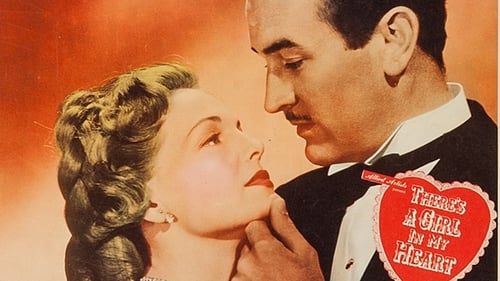
Ruth Kroner
A Gay-Nineties musical set in NYC's Bowery and East-Side explores the life of its inhabitants---an Irish policeman and his tap-dancing daughter and music-hall wife; a German professor of music and his singing daughter; and an Italian café-owner, a kindly priest, a struggling young doctor and a saloon-keeper. And a political ward-heeler, Terrence Dowd, who has a deceptive and dishonest plan to sell them all out in order to build a fight arena. But he meets his match in property-owner Claire Adamson.

Gloria Cole
Gloria Cole and Eddie Swenson are working to keep an old fire house, now being used as a youth center, from being razed to make room for a new skyscraper in Manhattan.

Polly Milton
A music teacher in 1870s Boston works hard to succeed, while her wealthy distant relatives find their fortunes turning.

Patty Nelson aka Patty Hart
Patty Nelson lands a job as a singer with orchestra leader Al Tyler, and tours with the band as "Patty Hart." Patty's father Russ is dismissed from his radio-station job, and the disc jockey selected to replace him is Al Tyler. Patty rushes home to keep Russ company on the air for the final few days, and Al wonders why she suddenly walked out on him. The new "Patty and Russ" radio show catches on, causing complications with Al and the radio-station bosses.
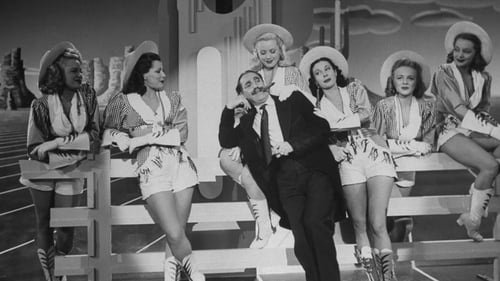
Anne Stuart
A talent agent sells his girlfriend to a nightclub -- as two separate acts. The deception and constant costume changes are too much for his girl.

Wendy
An orphan girl lives with apparently kind uncle who turns out to be a murderer.
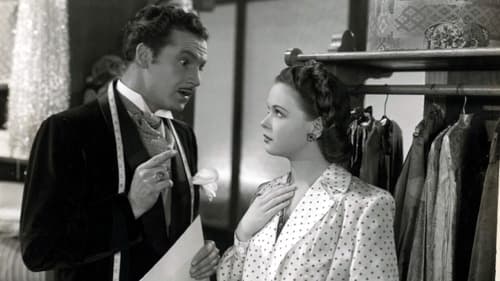
In this musical, a talented aspiring costume designer leaves her small town to seek her fortune in the Big Apple. The girl, who is also a singer, soon begins establishing herself in the fashion industry, but when a rival accuses her of stealing a pattern, her career is nearly destroyed. Fortunately, a handsome, romantic hero is around to help her clear her name. Songs include: "Come Along My Heart", "That does It", "Swing Low Sweet Lariat" and "Is You Is or Is You Ain't My Baby?".

April Garfield
The daughter of a formerly wealthy man tries to get a job singing on a radio show, but gets involved in a feud and murder.
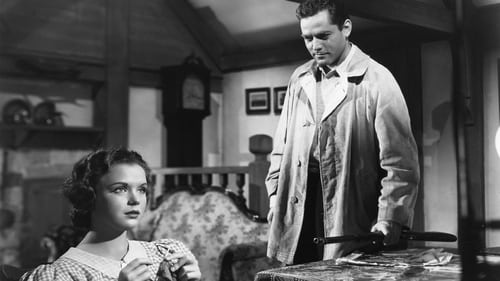
Jane Broderick
Framed for two crimes he didn't commit, and betrayed by his girl, Cliff Banks finds himself on the run from the police. Now distrustful of everyone, he finds a safe haven hiding out at a quaint country cottage under the care of a kindly old farmer and his daughter, a Cinderella-like blind woman who seems to be able to communicate with nature. There he is forced by their love to question his misanthropy.

Linda Wadsworth
Linda Wadsworth rebels against her millionaire grandfather, J. H. Wadsworth, and runs away from home. Unknown to Mr. Wadsworth, she gets a job at one of his many five-and-ten-cents stores as a clerk.
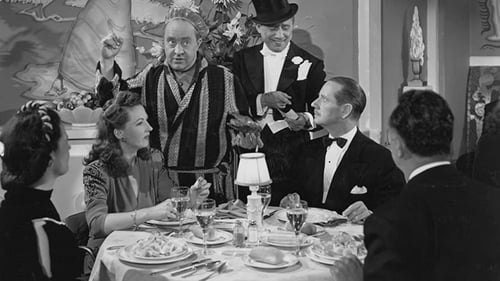
Melinda Marshall
Two zanies get mixed up with a Southern colonel, his beautiful daughters, a nightclub and a haunted mansion.

Jinx Page
A high school bandleader captures the interest of a popular co-ed.

Gwen Harding
A poor country girl from Vermont travels to New York City to attend a theatrical school.

Patricia Davis
Students at the Davis School of the Theatre are assigned "Antigone" as their class play, but they conspire to do a swing musical instead.
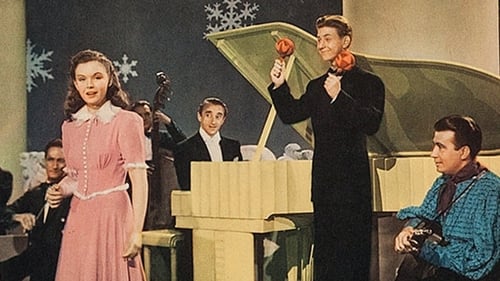
Victoria Peabody
This modest bit of comedy and romance in the adolescent vein is about a couple of spirited juveniles, Donald O'Connor and Gloria Jean, who carry on a flirtation parallel with that of their elders, Louise Allbritton and Ian Hunter.
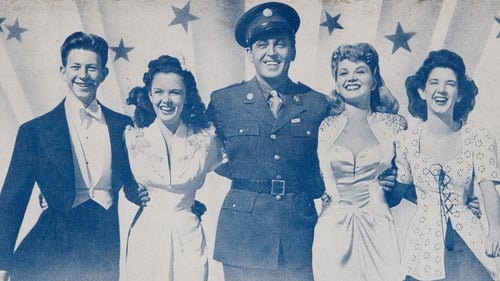
Marilyn Benton
By popular consensus, Allan Jones' best Universal mini-musical of the 1940s was the timely When Johnny Comes Marching Home. Jones is cast as war hero Johnny Kovacs, who wearies of the adulation heaped upon him and takes refuge under an assumed name in a theatrical boarding house. Here he befriends orchestra leader Phil Spitalny and his all-girl aggregation, including the inimitable Evelyn and Her Magic Violin. When Army officials trace Johnny to the boarding house, his new friends assume that he's a deserter and try to convince him to return to duty.
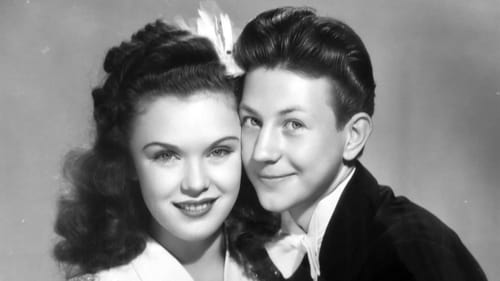
Doris Stanley
Orphan prodigy singer runs away from her oppressive aunt and tricks a rural couple into adopting her.
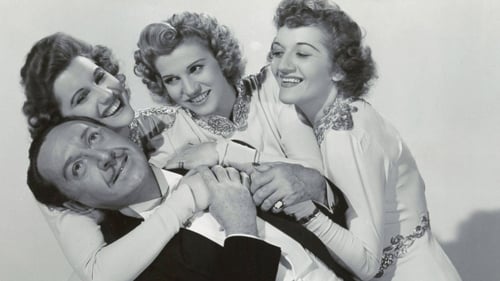
Sue Courtney
J. P. Courtney wants to update the music on the radio program he sponsors, but his wife, Agatha Courtney, is the final authority and addicted to the classics and won't allow him to replace Professor Bistell and his symphonic orchestra. Conspiring with his daughter Sue and her friends, Marvo the Great, the Andrews Sisters, Anne Payne and bandleader Woody Herman, they devise a sabotage plot that gets rid of Professor Bistell, and a new sound is soon heard on the program.

herself
Gloria Jean sings two songs in the Universal musical short, which also features The Sportsman Quartette, the Milt Herth Trio, the singing trio of Lee, Lyn and Lou, and the Schuplatter Dancers
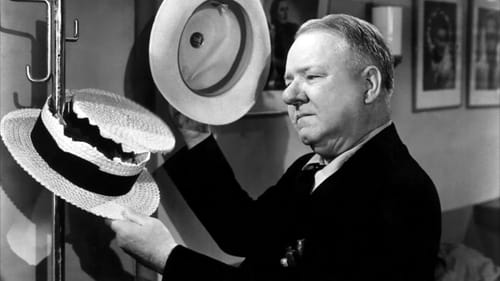
His Niece
Never Give a Sucker an Even Break is a 1941 film about a man who wants to sell a film story to Esoteric Studios. On the way he gets insulted by little boys, beaten up for ogling a woman, and abused by a waitress. W. C. Fields' last starring role in a feature-length film.
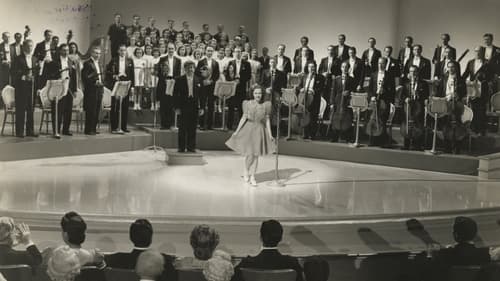
Midge Loring
A child from the New York tenements sings on a radio quiz show and is eventually hired to a big-bucks contract, which allows her and her family to move into a posh apartment, with all the usual problems that accompany sudden wealth.

Patricia 'Pat' Johnson
Construction worker Buzz Blackwell becomes the guardian of 12-year-old Pat Johnson after one of his buddies, her father, is killed. Buzz and Pat, along with their chum Axel Swensen, head to New York to look for the girl's uncle. The trio soon unexpectedly become owners of a tired restaurant.
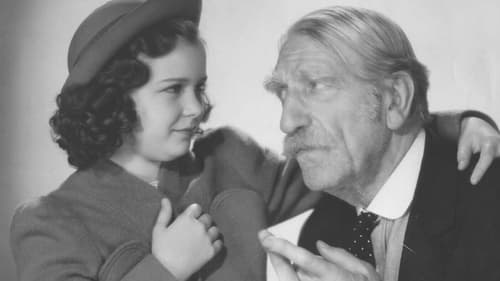
Pip-Emma Binns
A young city girl from a poor family is invited to spend the summer at a camp for girls from wealthy families. At first made fun of and ridiculed because of her background, she determines to show the snooty rich girls she's just as good as they are.























